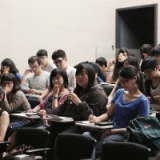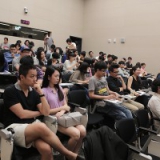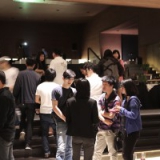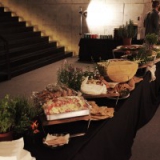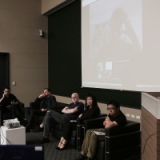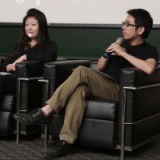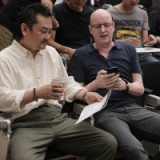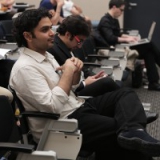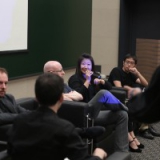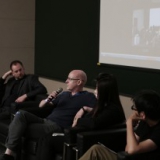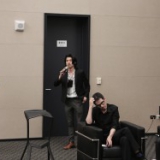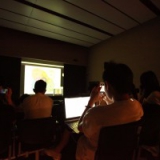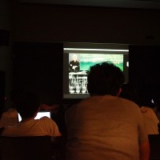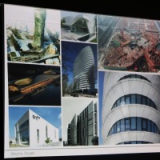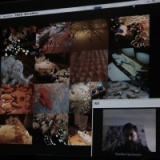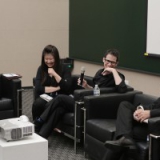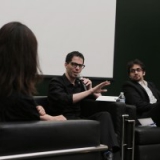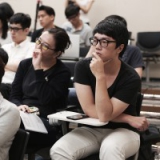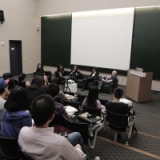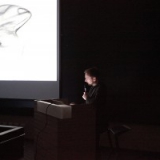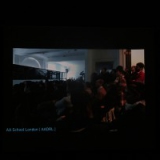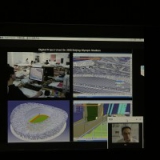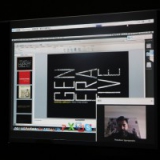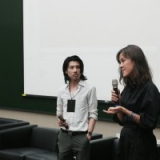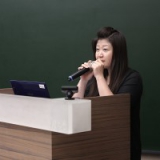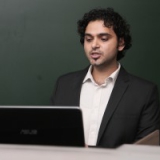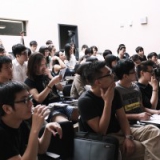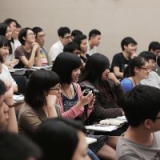’14 Parametric of Exception
+ Symposium
‘Parametrics of Exception’
Much has been investigated and experimented, in the contemporary so-called ‘intelligent’ process of design, to study how artificial systems, such as an architectural construct or urban environment, can learn from self-organised cells, ants colonies, bubbles and clouds, biological feedback, in order to become more ‘natural’, thus less harmless to nature. In the past much value had been attributed to the ability to turn the natural to the artificial, for instance, the development from manual to machinic. However, the need to consolidate and conceptually align with the label of ‘becoming more natural’ is a more recent phenomena, justified as a remedial reaction towards media-hyped ‘crisis’ events from oil, food, storms, earthquakes and global warming. Even if the starting premise, however much we are reluctant to admit, is the preservation of our own species, we have been confronted with the realisation that we need to rope our environment further along as part of our uniquely artificial global management system. Hence the responsibility lies not in how much of the artificial can become natural, but how much of the artificial can remain sustainably artificial, i.e. ‘becoming more human’.
If the principle of nature is that species and ecological systems do end and be replaced by another, or none at all, then the rhetoric of sustainability – the promotion of longevity of status quo and prevention of ‘ends’ of things which have infiltrated all disciplines and decision-making – is certainly at contrary. This signals a turn, a need, to articulate the ‘end’, and in a sense, the occurrence of ‘exception’ that jolts the system out of its stable patterns and built-in intelligence. This may be a moment, never by choice, of shock, damage, catastrophe, abnormality, emergency or death. How can such parameters of ‘exception’, however much it qualifies by being unexpected, be considered as a necessary supplement transgressing the within and the without of the an ‘intelligent’ design?
Seminar 1:
‘The Other Parameters’ This seminar explores both trends of homogenisation and heterogenisation of factors
Seminar 2:
‘Mediums of Unexpected Behaviours’ This seminar explores the translation of parameters. those information of alarm, of secrecy and of extra‐ordinary.
Seminar 3:
‘Para-Ecologies’ New organicism of artificiality
‘Making of Exception’ – Akshay Goyal
‘Technology of Exception’ – Yan Gao
‘Designer of Exception’ – Jiinyi Hwang
‘Algorithm of Exception’ -Robert Stuart-Smith
‘Behaviour of Exception’ – Theo Spyropoulos
“PARAMETRICS OF EXCEPTION” Symposium – Roundtable
